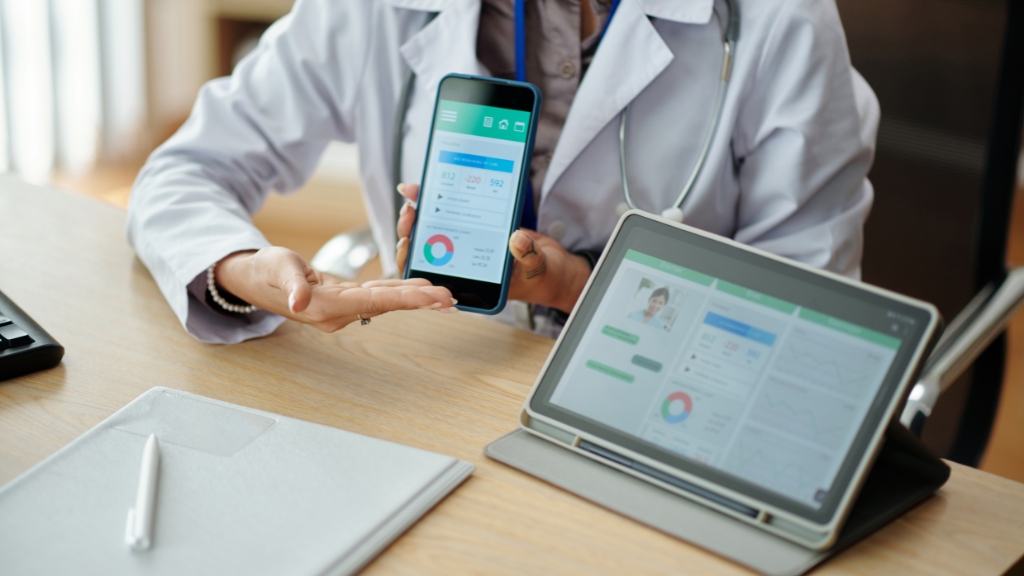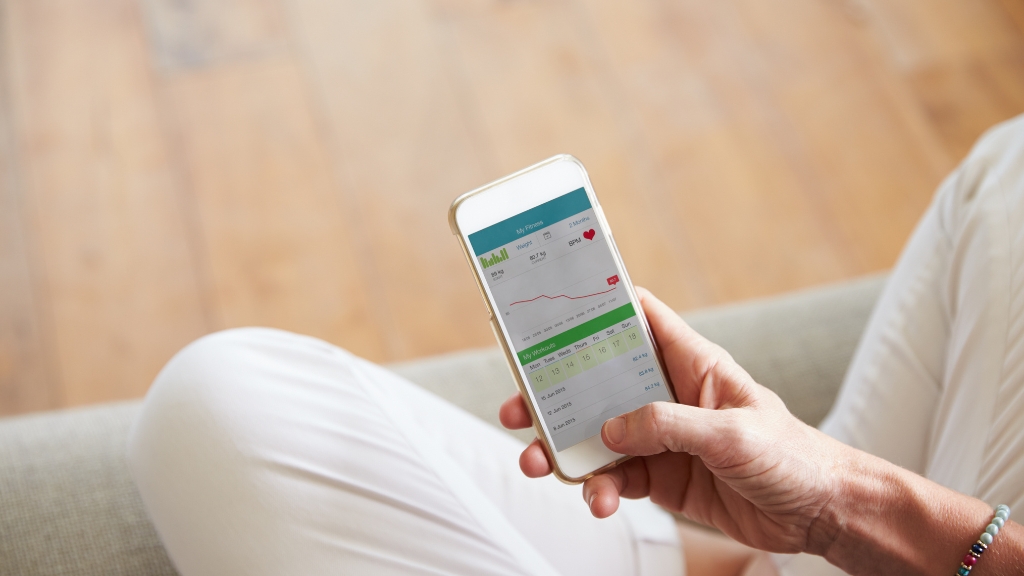
From Diagnosis to Treatment: How Healthcare Apps Are Changing the Game
Introduction: The Rise of Healthcare Apps
In recent years, the healthcare industry has seen a rapid adoption of mobile technology. Healthcare apps have emerged as powerful tools, transforming the way patients receive care from diagnosis to treatment. These apps are not only enhancing the efficiency of healthcare delivery but also making it more accessible and personalized for patients.
Early Diagnosis Through Symptom Checkers and AI
One of the most significant ways healthcare apps are changing the game is through early diagnosis. Symptom checker apps, often powered by artificial intelligence (AI), allow users to input their symptoms and receive potential diagnoses. These apps analyze vast amounts of medical data to provide users with accurate information, helping them understand their symptoms and seek timely medical attention. AI-driven apps are also capable of detecting patterns that might be missed in traditional consultations, leading to earlier detection of conditions like cancer or heart disease.
Telemedicine: Bringing Healthcare to Your Fingertips
Telemedicine apps have revolutionized the way patients access healthcare. These apps enable virtual consultations, allowing patients to connect with healthcare professionals from anywhere. This convenience is especially beneficial for those living in remote areas or with mobility challenges. Telemedicine apps provide a platform for real-time video consultations, prescription management, and follow-up appointments, making healthcare more accessible and reducing the need for in-person visits.
Personalized Treatment Plans and Medication Management
Healthcare apps are also playing a crucial role in the treatment phase. Personalized treatment plan apps allow healthcare providers to tailor treatment protocols based on individual patient data. These apps can monitor a patient’s progress and adjust treatment plans accordingly, ensuring that patients receive the most effective care. Additionally, medication management apps help patients adhere to their treatment regimens by providing reminders, tracking doses, and even offering information about drug interactions and side effects.
Remote Monitoring for Chronic Disease Management
For patients with chronic conditions, ongoing monitoring is essential. Healthcare apps connected to wearable devices enable remote monitoring of vital signs such as blood pressure, glucose levels, and heart rate. This continuous monitoring allows healthcare providers to track a patient’s condition in real-time and intervene if necessary. The data collected can be used to adjust treatment plans, prevent complications, and ultimately improve patient outcomes.
Mental Health Support and Therapy Apps
Mental health is another area where healthcare apps are making a significant impact. Therapy and mental health support apps provide users with access to counseling, cognitive-behavioral therapy (CBT) tools, and mindfulness exercises. These apps offer a level of privacy and convenience that traditional therapy settings may not, making mental health support more accessible to a broader audience. They also provide valuable resources for coping with stress, anxiety, and depression, contributing to overall mental well-being.
Data-Driven Insights and Predictive Analytics
The integration of data analytics into healthcare apps is paving the way for more precise and predictive healthcare. By collecting and analyzing user data, these apps can identify trends and provide insights that inform treatment decisions. Predictive analytics can help in anticipating potential health issues before they become critical, allowing for preventive measures. This data-driven approach is enabling a shift towards more proactive and personalized healthcare.
Challenges and Future Prospects
Despite their numerous benefits, healthcare apps face challenges such as ensuring data privacy and security, integrating with existing healthcare systems, and addressing the digital divide. However, as technology continues to evolve, these challenges are likely to be addressed. The future of healthcare apps holds the promise of even greater innovation, with advancements in AI, machine learning, and blockchain technology poised to further revolutionize the industry.
Conclusion: Embracing the Digital Healthcare Revolution
From diagnosis to treatment, healthcare apps are changing the game by making healthcare more accessible, efficient, and personalized. They empower patients with tools for early diagnosis, facilitate seamless communication with healthcare providers, and offer support for chronic disease management and mental health. As the digital healthcare revolution continues, these apps will play an increasingly central role in shaping the future of healthcare.
Leave a Reply
- AI in Diagnostics: Revolutionizing Early Detection and Accuracy
- How AI and Advanced Analytics Are Transforming Healthcare Outcomes
- Investing with Confidence: The Role of ROI Calculators
- How ROI Calculators Drive Data-Driven Business Strategies
- The Ultimate Guide to ROI Calculators for Business Success
- Making Sense of ROI Calculators: A Comprehensive Guide
- June 2025 (1)
- May 2025 (1)
- October 2024 (2)
- September 2024 (31)
- August 2024 (31)
- July 2024 (27)
- June 2024 (28)
- May 2024 (30)
- April 2024 (33)
- March 2024 (23)
- February 2024 (29)
- January 2024 (3)
- December 2023 (47)
- November 2023 (36)
- October 2023 (23)
- September 2023 (2)
- June 2023 (2)
- May 2023 (13)
- April 2023 (1)




